Killer Mike, Son of Atlanta Police Officer, Pleas for Peace, Empathy, Justice
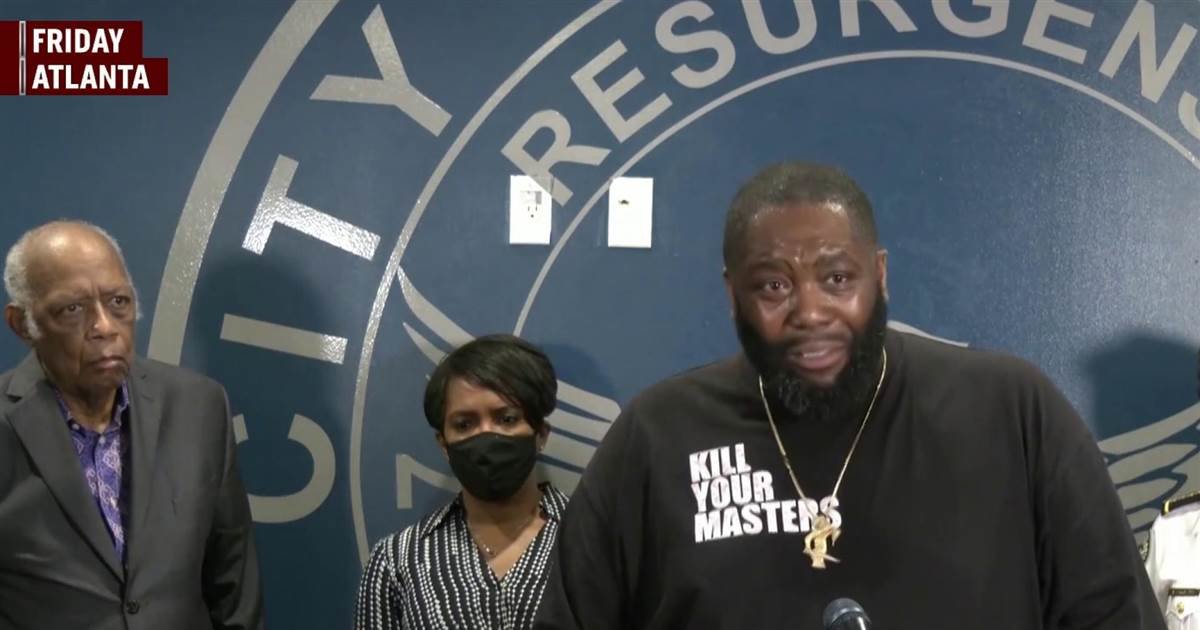
As his city boiled with frustration and anger over the killing of George Floyd, rapper Killer Mike stepped to the microphone at the mayor’s press conference Friday night in Atlanta, his voice cracking with a labored lilt.
As his city boiled with frustration and anger over the killing of George Floyd, Atlanta rapper and activist Killer Mike stepped to the microphone at the mayor’s press conference Friday night in Atlanta, his voice cracking with a labored lilt.
“I didn’t want to come, and I don’t want to be here,” he began, tears already welling in his eyes. “I’m the son of an Atlanta City Police Officer. My cousin is an Atlanta City Police Officer. […] I got a lot of love and respect for police officers.”
After touching briefly on Atlanta’s history of institutional racism, the musician, whose full name is Michael Render, made an emotional appeal for peace in the community.
“I’m duty bound to be here to simply say that it is your duty not to burn your own house down for anger with an enemy,” Render said. “It is your duty to fortify your own house so that you may be a house of refuge in times of organization. Now is the time to plot, plan, strategize, organize, and mobilize. It is time to beat up prosecutors you don’t like at the voting booth. It is time to hold mayoral offices accountable, chiefs and deputy chiefs. Atlanta is not perfect, we’re a lot better than we ever were, and we’re a lot better than other cities are.”
Without sanctimony, he expressed empathy for the angry protestors while pleading for peace.
“I’m mad as hell,” he said. “I woke up wanting to see the world burn down yesterday because I’m tired of seeing black men die. He casually put his knee on a human being’s neck for nine minutes as he died like a zebra in the clutch of a lion’s jaw. […] That’s why children are burning it to the ground. They don’t know what else to do.”
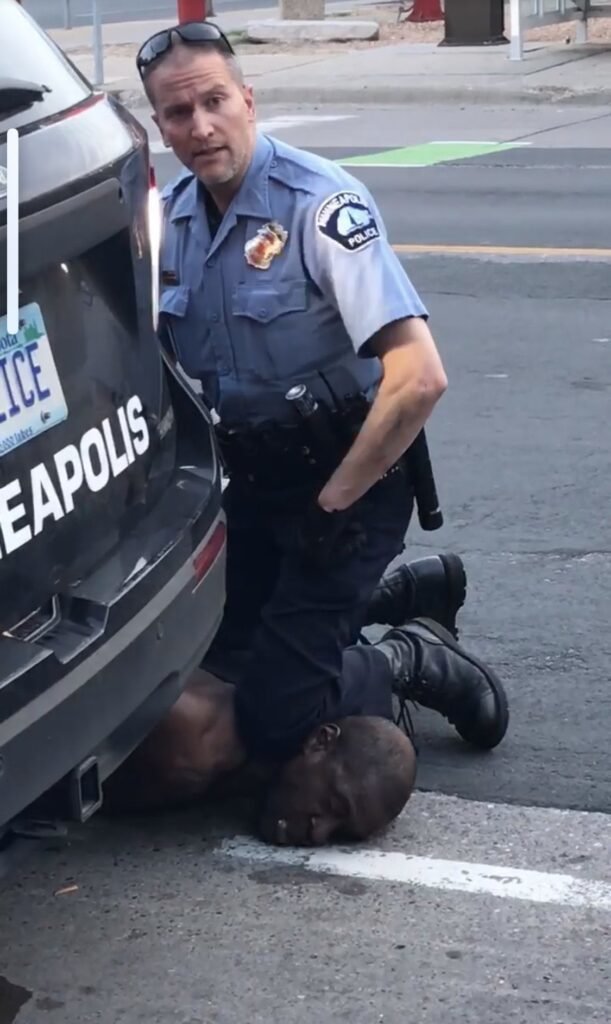
The following day, retired NBA superstar and author Kareem Abdul-Jabbar seemed to echo Mike’s sentiment in an opinion piece in the Los Angeles Times.
“I don’t want to see stores looted or even buildings burn,” he wrote. “But African Americans have been living in a burning building for many years, choking on the smoke as the flames burn closer and closer. Racism in America is like dust in the air. It seems invisible — even if you’re choking on it — until you let the sun in. Then you see it’s everywhere. As long as we keep shining that light, we have a chance of cleaning it wherever it lands. But we have to stay vigilant, because it’s always still in the air.”
Render and Abdul-Jabbar joined a chorus of black leaders who find themselves in the difficult position of trying to serve as community ambassadors in a nation fractured by racial tension at a time when these issues are being exploited and exacerbated by malefactors.
“Now is the time to plot, plan, strategize, organize, and mobilize. It is time to beat up prosecutors you don’t like at the voting booth. It is time to hold mayoral offices accountable, chiefs and deputy chiefs.”
Last week, the Wall Street Journal reported that Facebook leaders learned in 2018 that the company’s algorithm actively exploits “the human brain’s attraction to divisiveness,” and left unchecked, the platform’s system would feed users “more and more divisive content in an effort to gain user attention & increase time on the platform.” Facebook’s leaders ignored the findings.
That news broke just days after researchers at Carnegie Mellon University discovered that about half the Twitter accounts pushing misinformation about COVID-19 and calling for “reopening America” may be bots aimed at sowing division and increasing polarization during the pandemic.
In March, the New York Times reported that Russia is engaged in influence operations to inflame racial tensions in the United States, “including trying to incite violence by white supremacist groups and to stoke anger among African-Americans.”
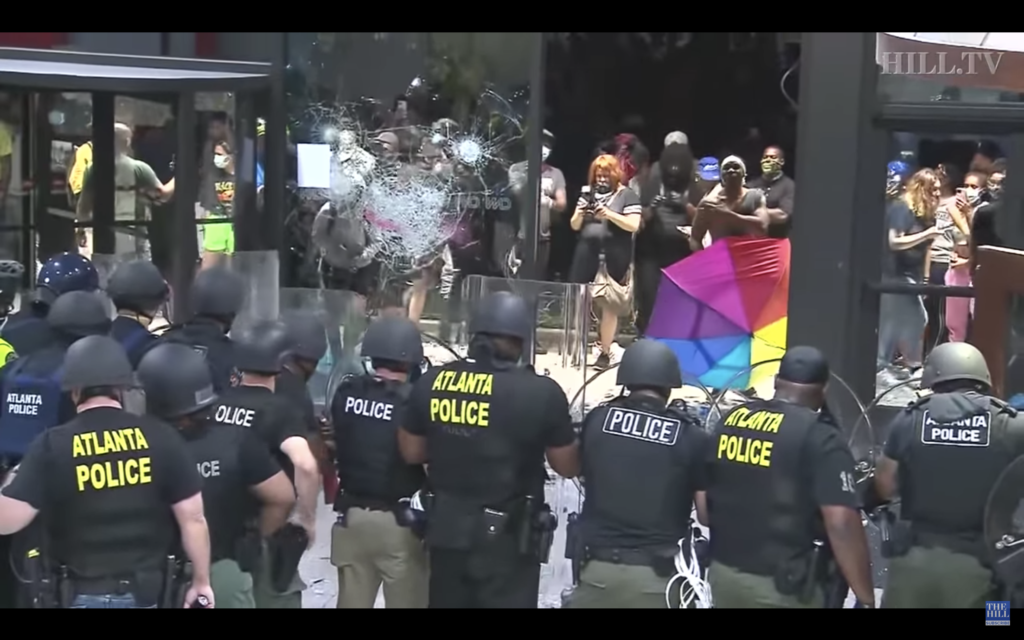
After protests spread to cities and municipalities all over the U.S. and social media discourse fell into predictable polarizing patterns, state and city officials from areas racked by looting and violence said extremists are stoking riots.
“We’re going to see a diversity of fringe malefactors,” Brian Levin, the director of the Center for the Study of Hate and Extremism at California State University, San Bernardino, told the New York Times. “We know for a fact there have been far-right agitators both online and at these rallies, as well as far-left.”
Coffee or Die’s coverage from Minneapolis was careful to note, “There were two types of people outside the police precinct — protesters and rioters. The protesters stayed true to their mission, remaining peaceful and doing what they came there to do. The rioters, on the other hand, threw large rocks, bricks, fireworks, and water bottles filled with either urine or milk at the police. Many of the peaceful protesters were yelling at the rioters to stop.”
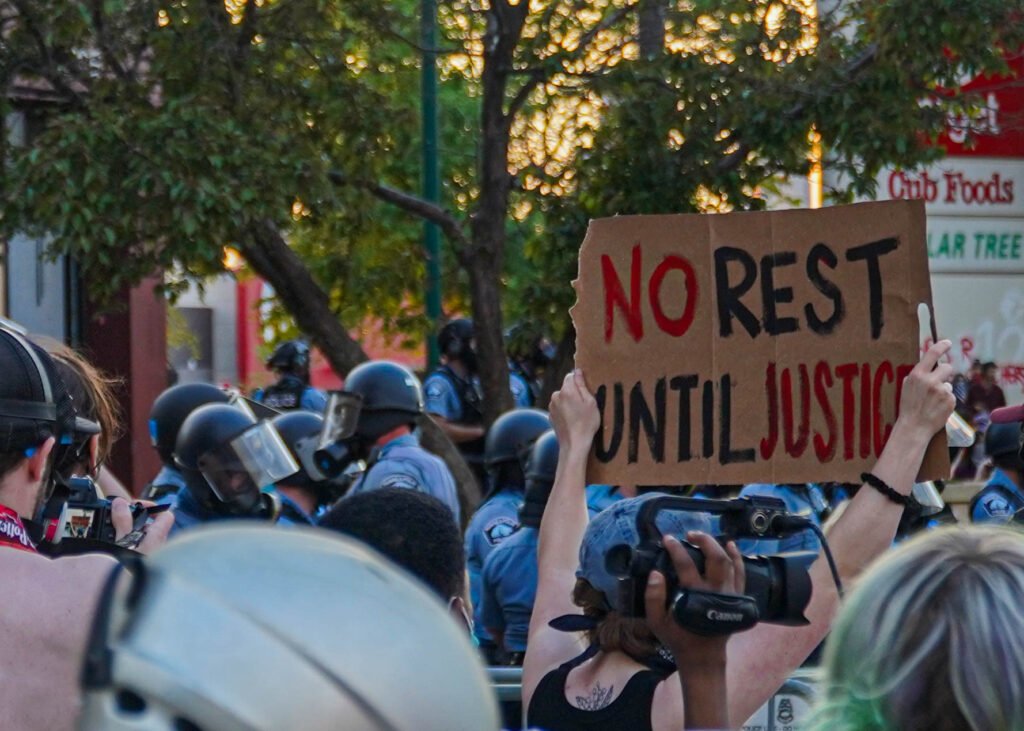
Against this backdrop, Abdul-Jabbar called for empathy.
“You see the police station on fire and you wag a finger saying, ‘That’s putting the cause backward,’” he wrote. “You’re not wrong — but you’re not right, either. The black community is used to the institutional racism inherent in education, the justice system and jobs. And even though we do all the conventional things to raise public and political awareness […] the needle hardly budges.”
The sentiment is familiar to any follower of Dr. Martin Luther King Jr., who said this about rioting in 1967:
“Let me say as I’ve always said, and I will always continue to say, that riots are socially destructive and self-defeating. […] But in the final analysis, a riot is the language of the unheard. And what is it that America has failed to hear? It has failed to hear that the plight of the Negro poor has worsened over the last few years. It has failed to hear that the promises of freedom and justice have not been met. And it has failed to hear that large segments of white society are more concerned about tranquility and the status quo than about justice, equality, and humanity. And so in a real sense our nation’s summers of riots are caused by our nation’s winters of delay. And as long as America postpones justice, we stand in the position of having these recurrences of violence and riots over and over again.”
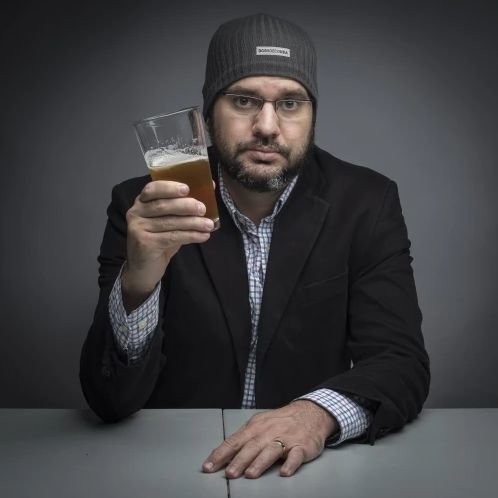
Ethan E. Rocke is a contributor and former senior editor for Coffee or Die Magazine, a New York Times bestselling author, and award-winning photographer and filmmaker. He is a veteran of the US Army and Marine Corps. His work has been published in Maxim Magazine, American Legion Magazine, and many others. He is co-author of The Last Punisher: A SEAL Team THREE Sniper’s True Account of the Battle of Ramadi.
BRCC and Bad Moon Print Press team up for an exclusive, limited-edition T-shirt design!
BRCC partners with Team Room Design for an exclusive T-shirt release!
Thirty Seconds Out has partnered with BRCC for an exclusive shirt design invoking the God of Winter.
Lucas O'Hara of Grizzly Forge has teamed up with BRCC for a badass, exclusive Shirt Club T-shirt design featuring his most popular knife and tiomahawk.
Coffee or Die sits down with one of the graphic designers behind Black Rifle Coffee's signature look and vibe.
Biden will award the Medal of Honor to a Vietnam War Army helicopter pilot who risked his life to save a reconnaissance team from almost certain death.
Ever wonder how much Jack Mandaville would f*ck sh*t up if he went back in time? The American Revolution didn't even see him coming.
A nearly 200-year-old West Point time capsule that at first appeared to yield little more than dust contains hidden treasure, the US Military Academy said.












